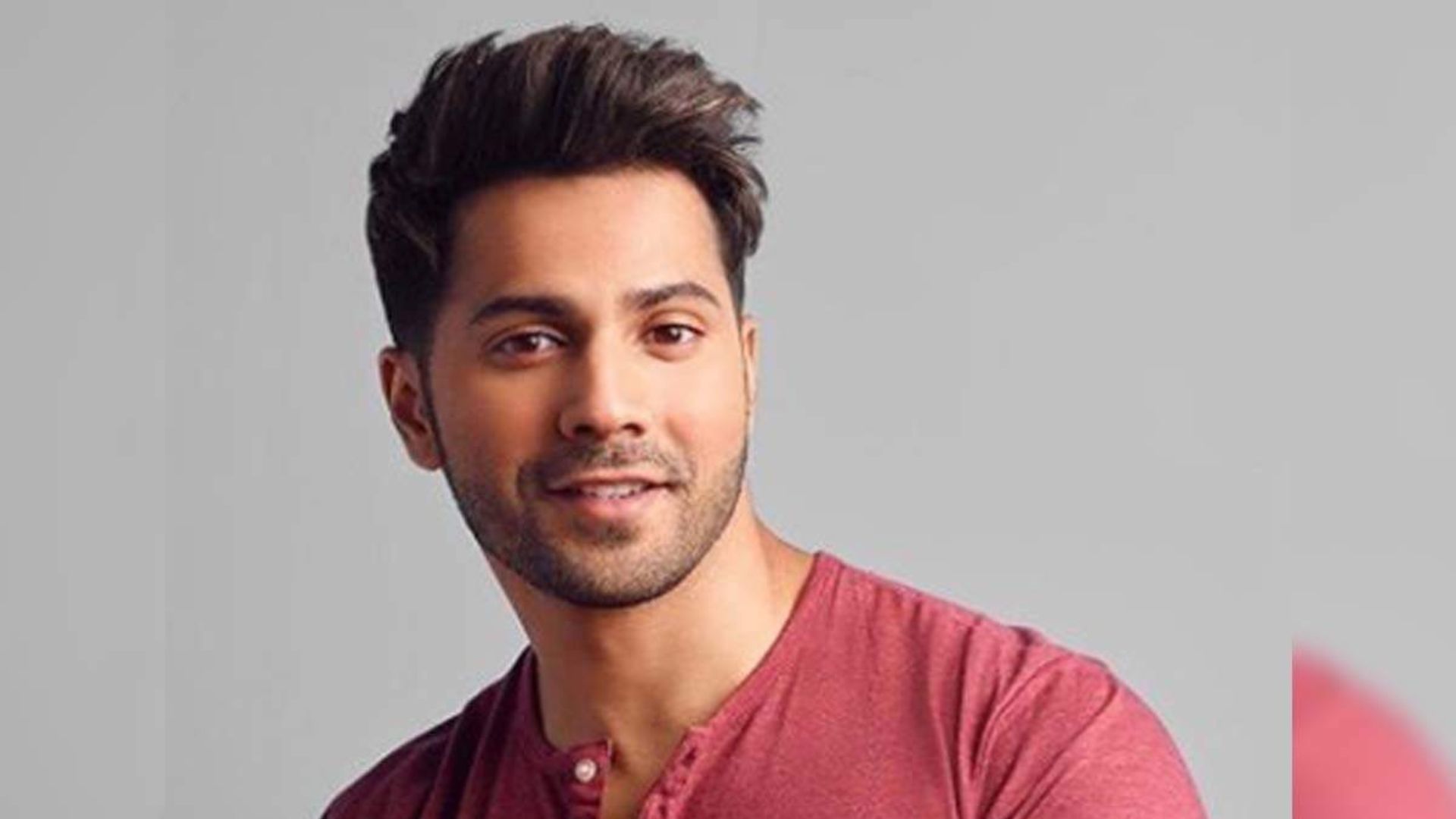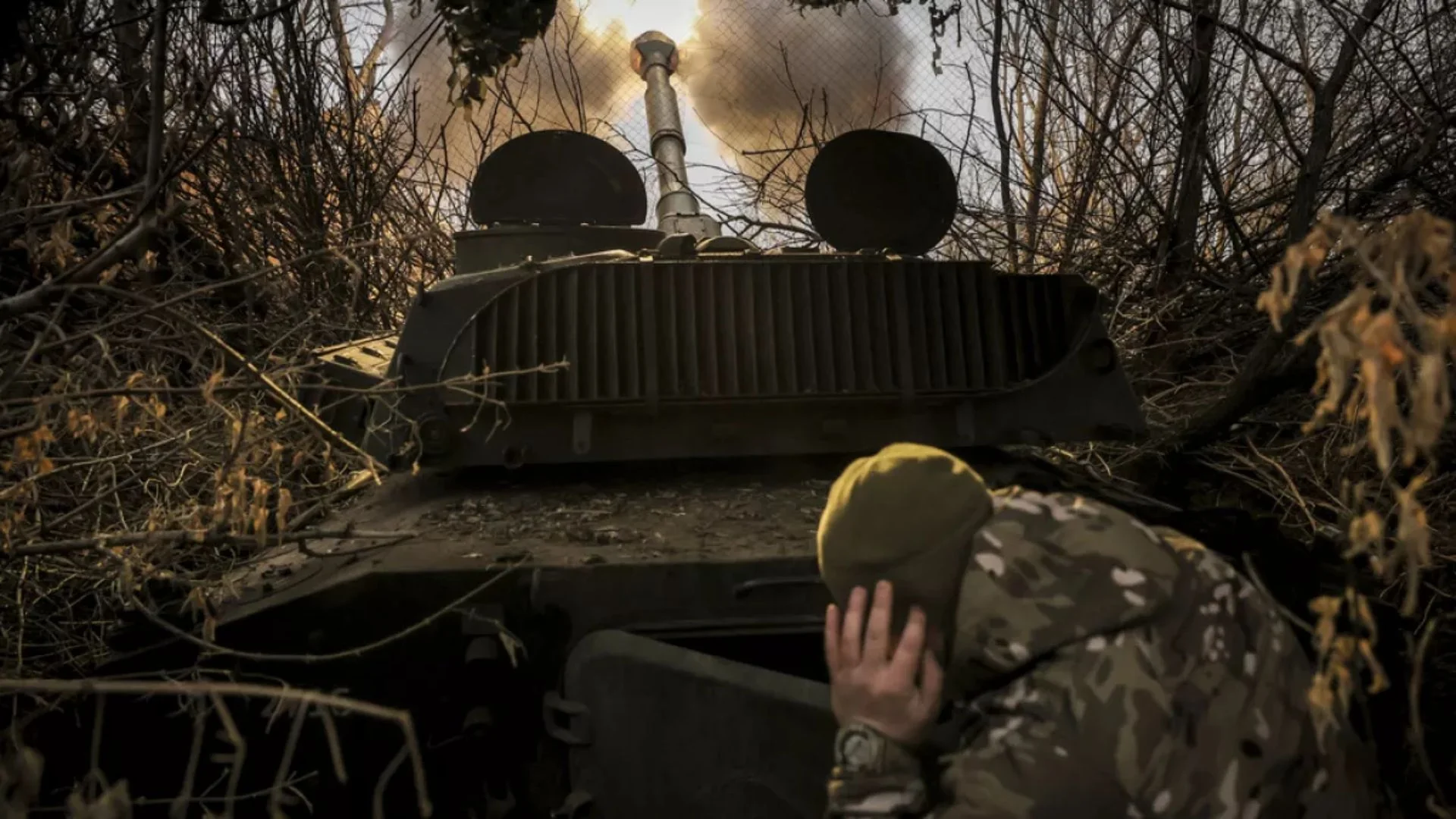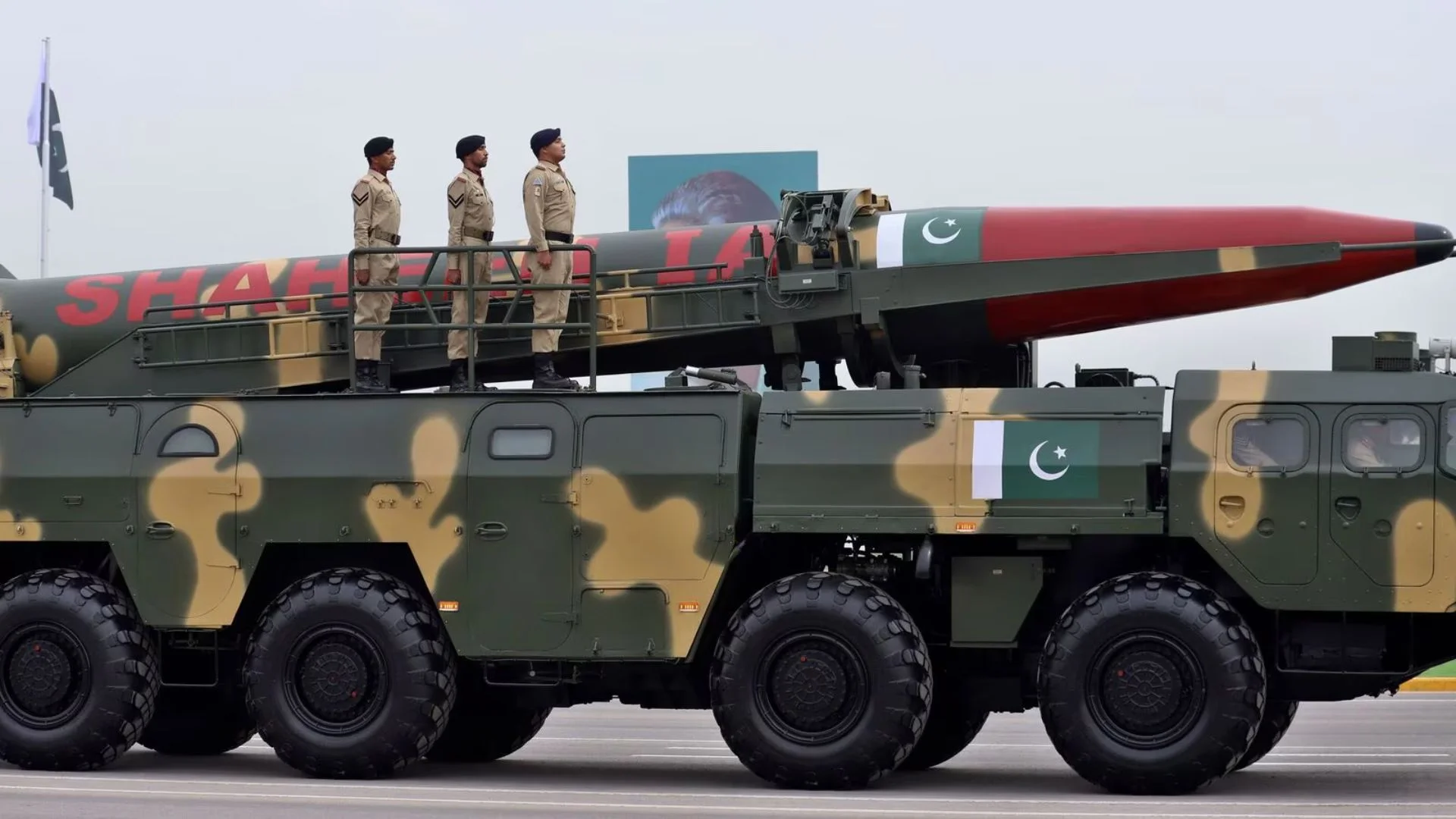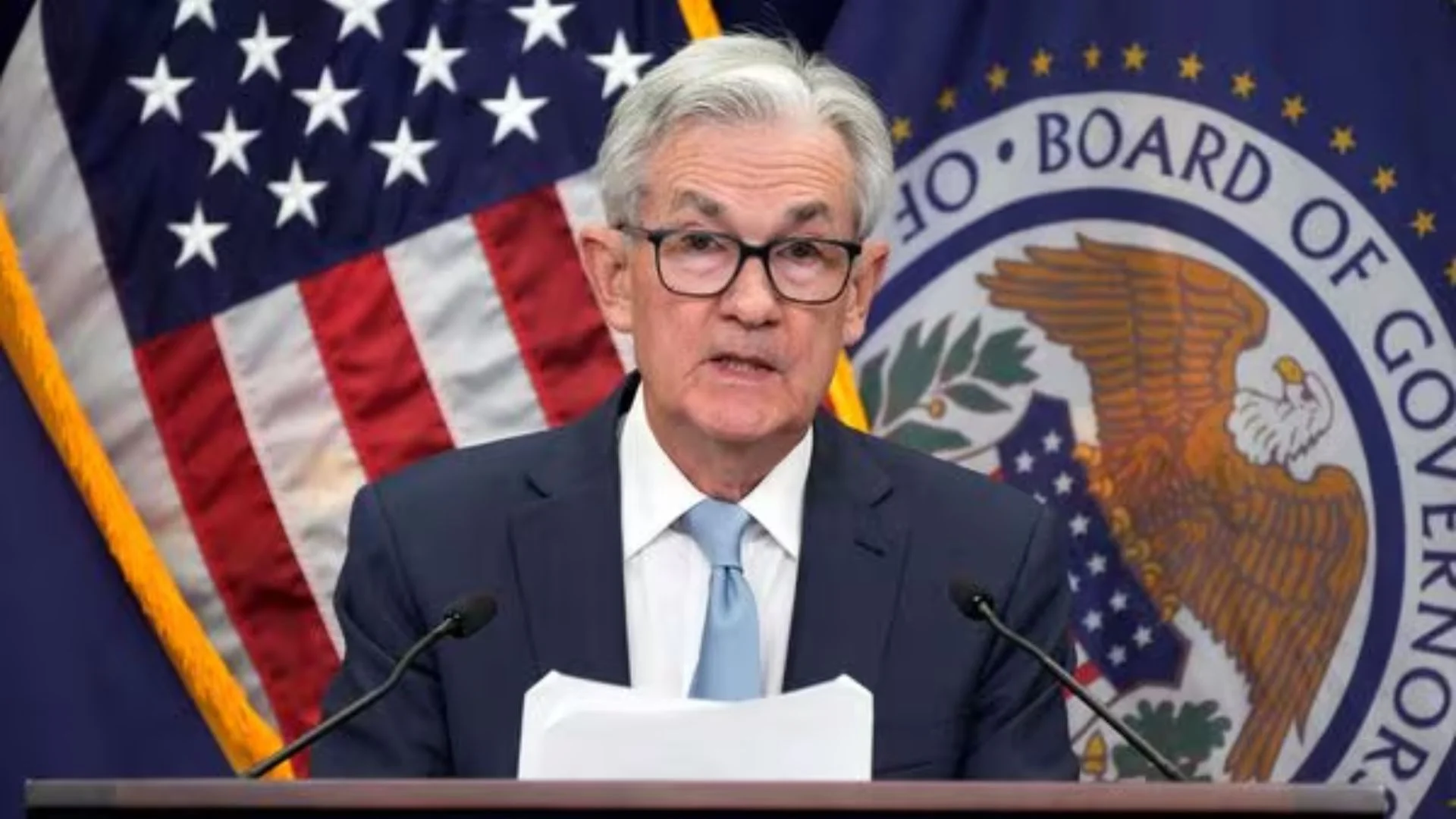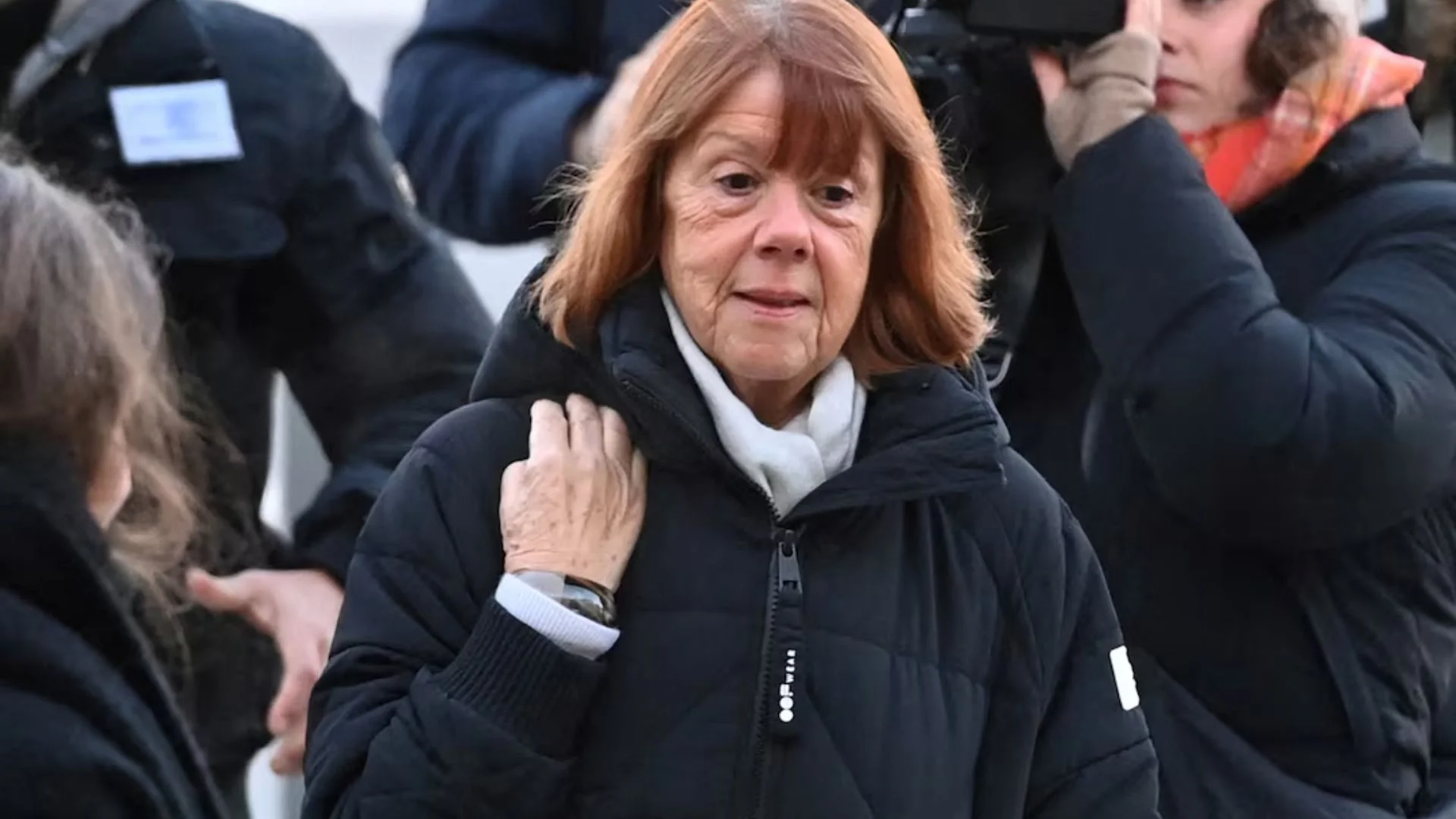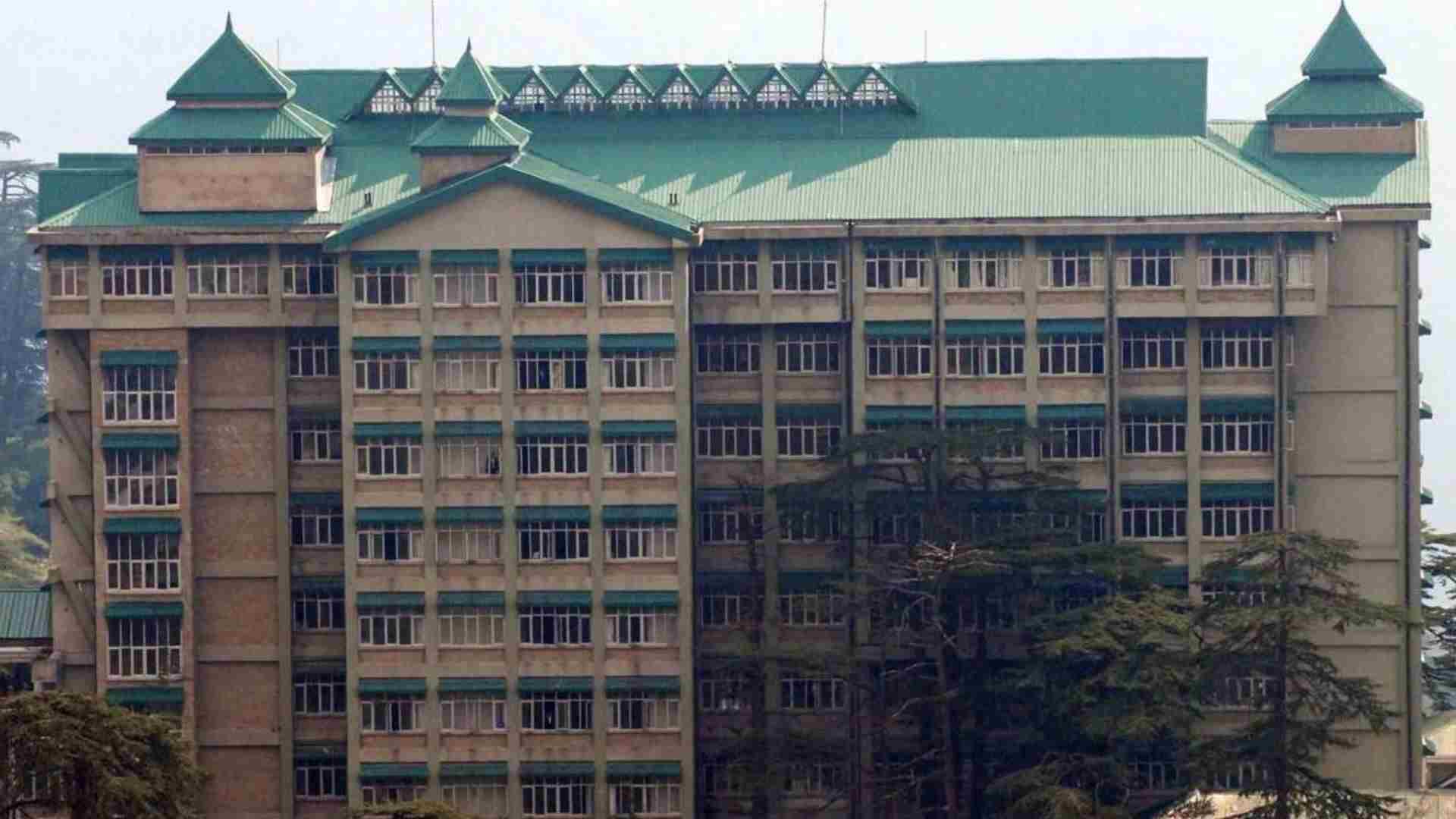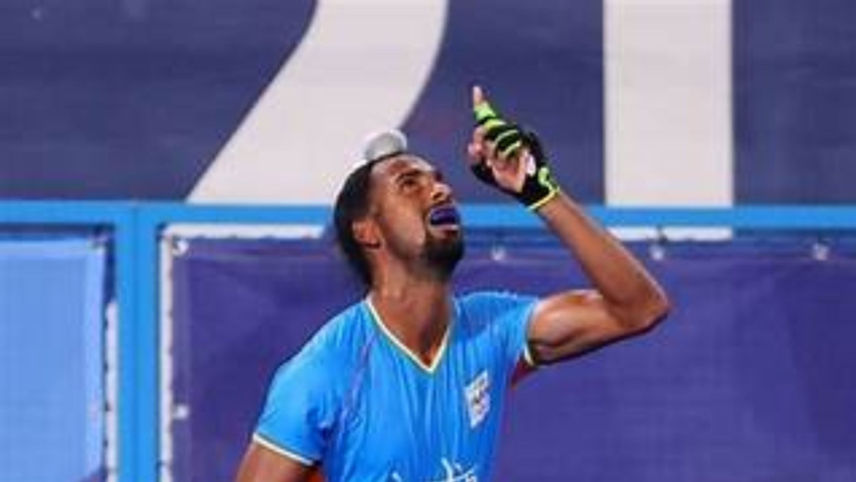
Midfielder Hardik Singh, reflecting on his journey, expressed disbelief at how far he has come. “If you had asked this question like five years back, I would never believe that I will be a double medallist,” he said when asked which of the two bronze medals he and the Indian men’s hockey team won at consecutive Olympic Games was the tougher.
This query highlights the significant history of Indian hockey at the Olympics, a sport once dominated by legends like Dhyan Chand and others. However, after years of dominance, Indian hockey experienced a decline, leading to a long, painful drought of Olympic medals. This dry spell lasted over four decades before Hardik and his team ended it at the Tokyo 2020 Olympics by winning a bronze medal.
In the most recent Paris Olympics, India secured another bronze, marking the first time since 1972 that the team had won back-to-back Olympic medals. This achievement is especially notable since 1972 was the last year hockey was played on grass, a period that signaled the end of India’s dominance in the sport.
Despite the pride in winning another medal, Hardik sees this latest achievement with a tinge of regret. “It’s a huge achievement. Still want to win the gold medal, that is the ultimate goal for me. We were just inches away from that. That is a scar that will be there for a long time,” he shared. The 25-year-old, who played a crucial role in some of India’s most important victories in Paris, spoke with Hindustan Times on a rainy day at the Major Dhyan Chand National Stadium in New Delhi.
During the semi-final match against world champions Germany, Hardik was one of the standout players. India outplayed Germany for most of the game, but as Hardik acknowledged, Germany’s execution was superior. “For one day, we were in trauma,” Hardik admitted, reflecting on the team’s emotions after the match ended with a 3-2 loss to Germany. The Indian players were visibly shocked as the final buzzer sounded, leaving them with the reality of missing the gold medal match.
“I think we were the better team but they executed well. Sometimes that is the bad luck you have. But still, we knew the value of an Olympic medal. We had seen everyone in India go crazy after we won the medal in Tokyo. We were all very disappointed that we didn’t qualify for the final but we knew we had one more chance,” said Hardik. He noted that Germany had lost to India in the bronze-medal match in Tokyo, then went on to win the World Cup, and now they had beaten India in Paris. “So we just have to keep the belief, it’s all part of the process,” he added.
The Indian team managed to bounce back from this disappointment. Two days later, they delivered an exceptional performance, defeating Spain 2-1 to win their second consecutive bronze medal. Once again, Hardik played a key role in this victory.
Watching from the stands were Hardik’s parents, who had been in Paris throughout the Olympics. “My parents were there in Paris throughout, it was a really emotional thing for them and for me that they were there in every match,” he said. Hardik shared how his mother was constantly emotional during the matches, whether India was leading or trailing. “Mom toh meri ro rahi thi,” he recounted, explaining how she was either worried about India conceding goals or praying for them to hold their lead.
Hardik comes from a family deeply connected to hockey. His father, Varinderpreet Singh Ray, is a former international player, and his uncle and aunt, Gurmail Singh and Rajbir Kaur, are a hockey power couple. Gurmail was part of the last Indian team to win an Olympic gold, while Kaur is a significant figure in Indian women’s hockey, having won gold at the 1982 Asian Games. Hardik’s uncle, Jugraj Singh, was a feared drag flicker in his time.
Given his family’s hockey heritage, Hardik appreciates the efforts of previous generations of Indian players who contributed to the team’s resurgence. He acknowledges the challenges faced by the players since 2008 when the Indian team hit its lowest point, failing to qualify for the Olympics for the first time in history. “The credit for these medals that goes to all the players who were a part of the Indian team since then to 2021. They took the hard steps, not us,” Hardik said. He highlighted the resilience of those players who faced harsh criticism but never lost hope.
One such player is PR Sreejesh, the veteran goalkeeper who ended his illustrious career at these Olympics. “He saw what it feels to be 12th at the Olympics. That is a low point for any athlete,” Hardik said, recalling the London Games where India lost every match and conceded 15 goals. Sreejesh’s journey from that low point to winning an Olympic medal exemplifies the unpredictability and resilience in sports.
The Indian team’s style of play has evolved over the years. In the Tokyo 2020 Olympics, under Australian coach Graham Reid, the team adopted an aggressive approach, resulting in a thrilling 5-4 victory over Germany in the bronze medal match. However, by the time of the Paris 2024 Olympics, the team, now under coach Craig Fulton, focused on a more defensive strategy. This change in approach was evident in the bronze medal match against Spain, where India secured their lead with two goals from Harmanpreet Singh and then defended their position with determination.
“When you have a coach like Fulton who backs you up in every match, trusting you, you don’t have any choice but to give your best,” Hardik explained. He noted that Fulton’s emphasis on conserving energy and focusing on a strong defensive structure has allowed the team to counterattack more effectively.
This renewed focus on defense proved crucial when India overcame its long-standing challenge of beating Australia at the Olympics for the first time since 1972. “We were really fed up,” Hardik said about the constant talk of Australia being a bogey team for India. Despite the odds, India believed they could win, and they did, proving once again that anything is possible at the Olympics.
India had waited over 40 years to achieve Olympic success, and now, having tasted it twice in less than four years, the team is looking ahead. With the “golden scar” of Paris still fresh, Hardik and his teammates are determined to aim for gold at the 2028 Los Angeles Olympics.
